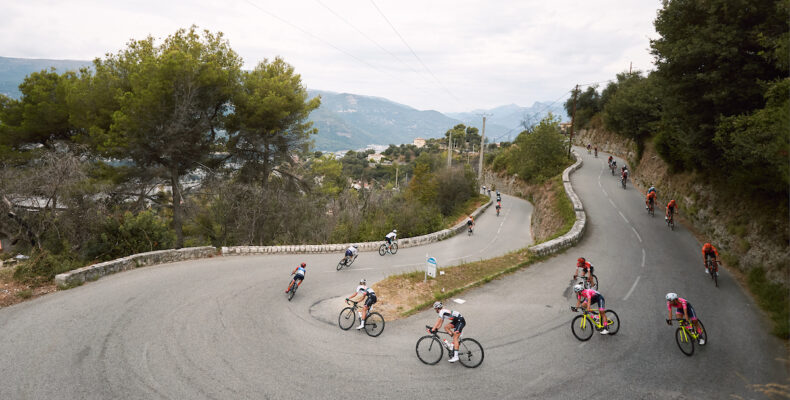In May to June 2020, professional women riders participated in The Cyclists’ Alliance Annual Rider survey. The survey was open to all cycling disciplines as well as U23, Continental and WWT levels to ensure the results were representative of the landscape.
The annual rider survey was initiated in 2017 and the results became the foundation for the establishment of The Cyclists’ Alliance and the independent union’s aim of 100% of female riders benefiting from a safe and stable working environment and feeling that their achievements are sufficiently visible.
Now in its fourth year, the survey gives The Cyclists’ Alliance a clear indication of the progress and development of women’s cycling as well as the key areas that need to be improved to ensure we continue to work towards our aim. The 2020 survey also included some new questions regarding the impact of Covid-19.
What has improved for riders?
- For a second year running, more riders are seeking legal advice before signing their employment contract (increased from 16% in 2019 to 23% in 2020).
- The number of riders required to reimburse their team for services essential to complete their job as a professional cyclist has decreased by 8% since 2019. However, 43% of riders surveyed reimbursed their team for one or more of the following; equipment, mechanical service, medical costs and travel costs in 2020.
- Top end salaries in the Women’s World Tour continue to rise above the fixed minimum gross annual salary of €15.000 (employed) and €24.600 (self-employed) with 25.5% earning €30.000+.
What has declined for riders?
- Wage disparity is growing between the highest and lowest paid riders. Alarmingly, the number of professional riders receiving zero salary has increased from 17% in 2019 to 25% in 2020.
- As no fixed minimum gross salary applies for the Continental teams we continue to see many riders earning less than annual salary of €15.000 (32%)
What has emerged as a new concern for riders?
- Covid-19 has inevitably impacted the riders, with 29% experiencing a salary reduction or lost it entirely and 76% are concerned it will impact their ability to secure a contract for the following season resulting in increased financial stability for riders.
What has stayed the same?
- Non-European riders emphasised the continued pressure associated with requiring VISAs. We believe this issue (although not the only factor) contributes to the issue of diversity.
- Riders still believe there is inadequate race safety protocols and stakeholder accountability to ensure riders safety.
Thank you to all the riders who completed the survey and enabled us to continue to strive for fairness in professional cycling.
For the full survey results, please refer to the presentation below. For any further questions, please contact us at info@cyclistsalliance.org
TCA-Rider-Survey_2020_NOVEMBER-1
